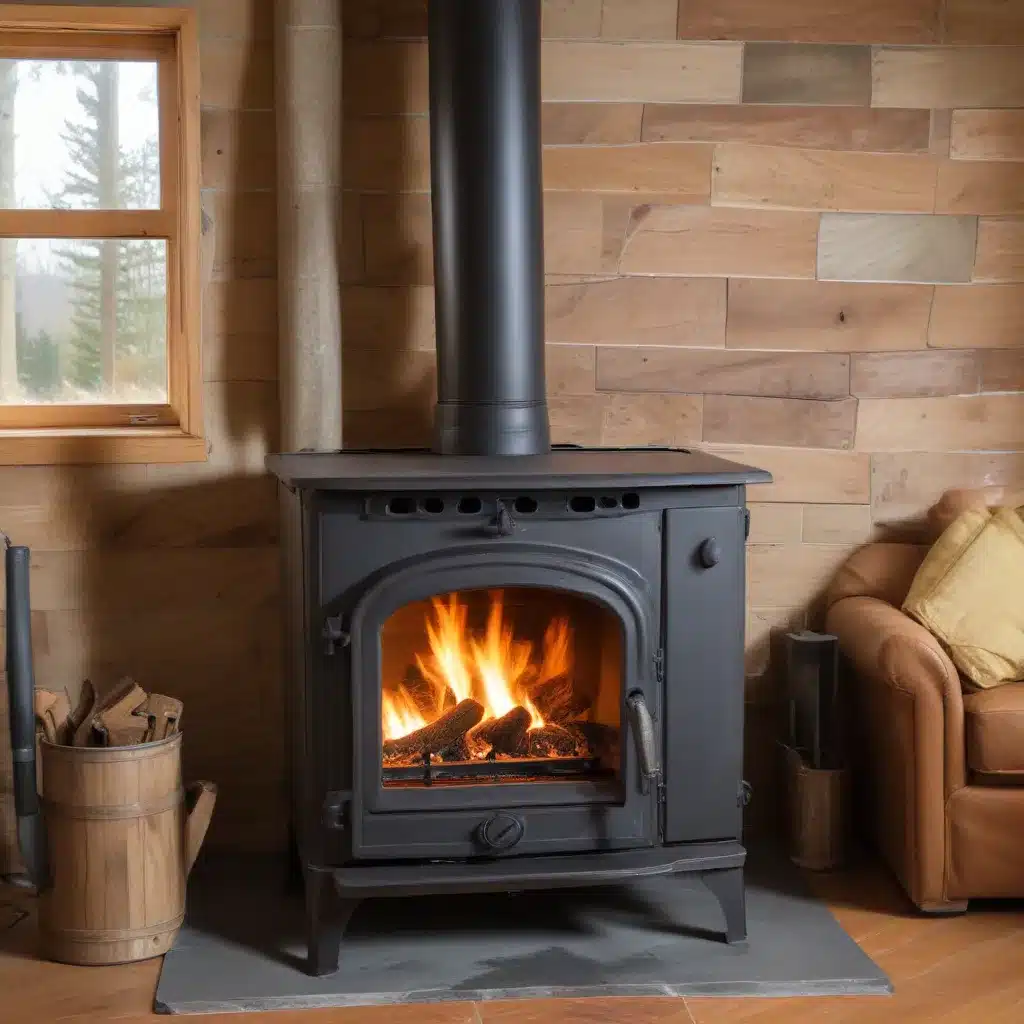
Understanding the Regulatory Landscape
As a seasoned expert in wood stoves and heating solutions, I’ve seen firsthand the challenges that vacation rental property owners face when it comes to navigating the complex web of regulations surrounding wood stove installations and usage. Whether you’re looking to install a new wood stove or maintain an existing one, it’s crucial to be well-versed in the rules and requirements to ensure compliance and protect your investment.
One of the key considerations for vacation rental properties is the distinction between primary residences and investment or second homes. While the federal government offers tax credits for wood stove installations in primary residences, the eligibility criteria can be more nuanced when it comes to vacation homes or properties owned through an LLC. It’s essential to research the specific regulations in your area and consult with local authorities to determine if your vacation rental qualifies for any tax incentives or rebates.
Complying with Local Zoning and Safety Requirements
In addition to federal and state-level regulations, vacation rental properties must also adhere to local zoning laws and safety standards. These can vary significantly depending on the city or county where your property is located, so it’s crucial to familiarize yourself with the relevant codes and requirements.
For example, in Seattle, short-term rental operators must obtain both a Business License Tax Certificate and a Short-Term Rental Operator’s License, in addition to ensuring their property meets all local zoning and safety standards. This includes installing smoke and carbon monoxide detectors, providing clear emergency exit routes, and complying with any restrictions on the number of rental listings a single operator can maintain.
To stay compliant, it’s important to thoroughly research the regulations in your specific location, and be prepared to provide documentation and evidence of your property’s safety features and compliance. Regularly monitoring for updates to local laws and regulations is also essential, as cities and municipalities may periodically revise their short-term rental policies to address new challenges or community concerns.
Balancing Guest Comfort and Safety
One of the key considerations when it comes to wood stoves in vacation rental properties is the balance between guest comfort and safety. On one hand, many travelers actively seek out vacation rentals with cozy wood-burning fireplaces or stoves, as they can enhance the overall ambiance and charm of the property. However, the potential for misuse or accidents with wood stoves can also present a significant risk, both to your guests and your property.
To mitigate these risks, it’s essential to have clear instructions and guidelines for guests on the proper use and maintenance of the wood stove. This should include detailed information on how to start a fire, how to properly load and tend to the stove, and what safety precautions to take. Providing readily available fire extinguishers, safety equipment, and emergency contact information can also help ensure a safe and enjoyable experience for your guests.
Maximizing Efficiency and Energy Savings
One of the primary benefits of wood stoves, especially in vacation rental properties, is their potential for energy efficiency and cost savings. By leveraging the thermal mass and controlled combustion of a well-designed wood stove, you can significantly reduce your reliance on more expensive and less environmentally-friendly heating sources, such as electric or gas-powered systems.
When selecting a wood stove for your vacation rental, it’s important to consider factors such as the size of the space, the efficiency rating of the stove, and the type of wood fuel it’s designed to burn. Newer, EPA-certified wood stoves can offer significantly higher levels of efficiency and cleaner emissions compared to older models, making them a more sustainable and cost-effective heating solution.
Additionally, properly maintaining and servicing your wood stove can help ensure it continues to operate at peak efficiency, reducing your fuel consumption and energy costs over time. This may include regular cleaning, chimney inspections, and addressing any issues or wear and tear that could impact the stove’s performance.
Navigating Taxation and Licensing Requirements
Another critical aspect of operating a vacation rental property with a wood stove is ensuring compliance with local and state-level taxation and licensing requirements. In many areas, short-term rental operators are subject to a range of lodging taxes, including state and local sales taxes, as well as any applicable occupancy or transient taxes.
It’s important to understand your specific tax obligations and ensure that you are properly registered and collecting the appropriate taxes from your guests. Some vacation rental platforms, such as Airbnb or VRBO, may handle the tax collection and remittance on your behalf, but it’s still essential to verify that this is the case and that you are meeting all regulatory requirements.
Additionally, many jurisdictions require short-term rental operators to obtain specific licenses or permits, such as a business license or a short-term rental operator’s license. Failing to obtain the necessary licenses can result in significant fines or even the revocation of your ability to operate your vacation rental, so it’s crucial to stay informed and proactive in this regard.
Conclusion: Prioritizing Safety, Efficiency, and Compliance
Operating a vacation rental property with a wood stove can be a rewarding and cost-effective heating solution, but it also comes with a unique set of challenges and responsibilities. By staying informed on the latest regulations, prioritizing guest safety, and maximizing the efficiency of your wood stove, you can navigate these complexities and ensure the long-term success and sustainability of your vacation rental business.
Remember, as a seasoned expert in wood stoves and heating solutions, I’m here to provide practical tips, in-depth insights, and personalized guidance to help you navigate the regulatory landscape and make the most of your vacation rental property. Feel free to reach out to https://woodstoveheaters.com/ for additional resources and support.



